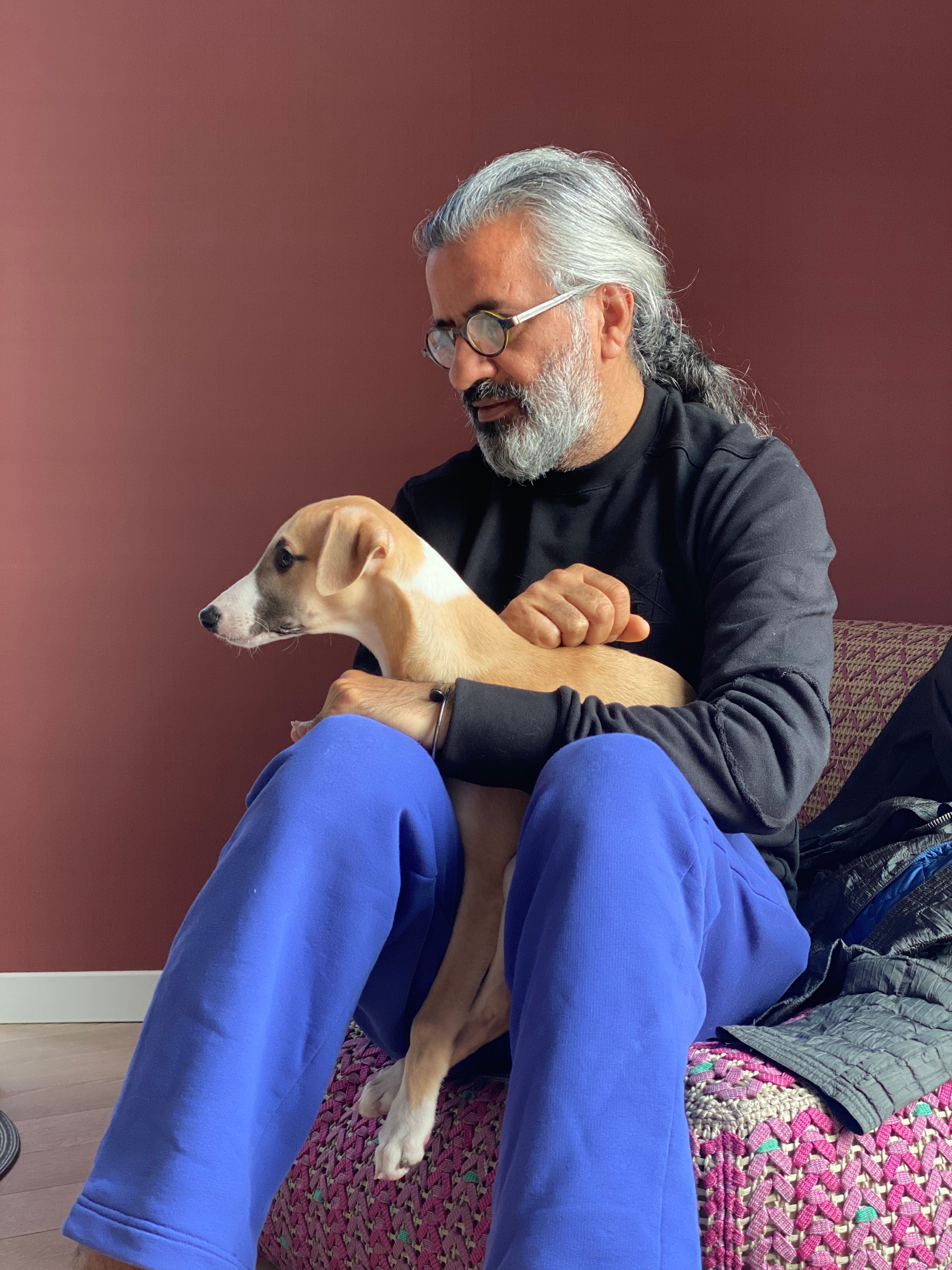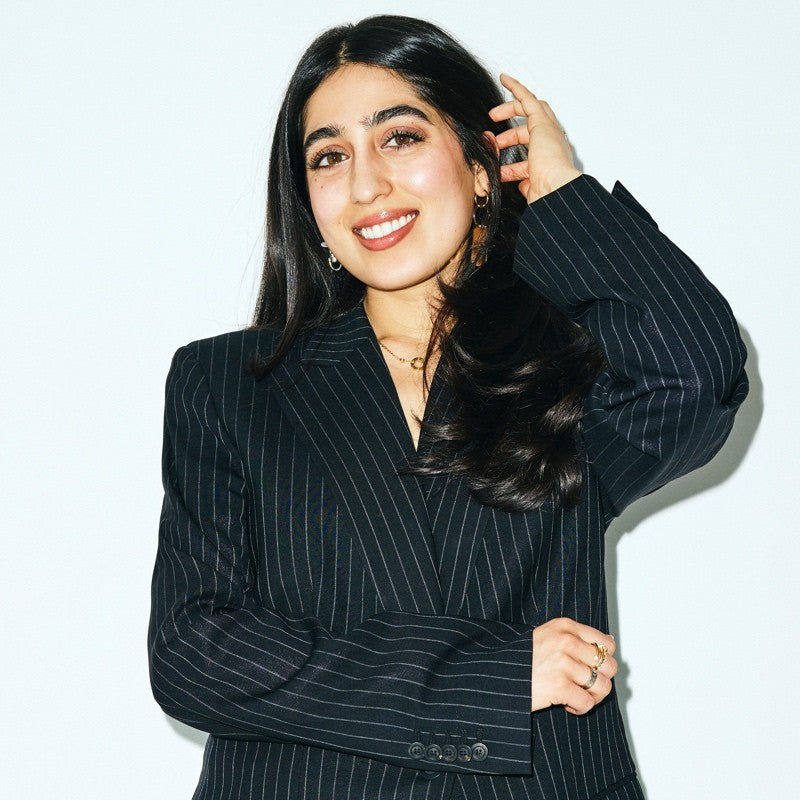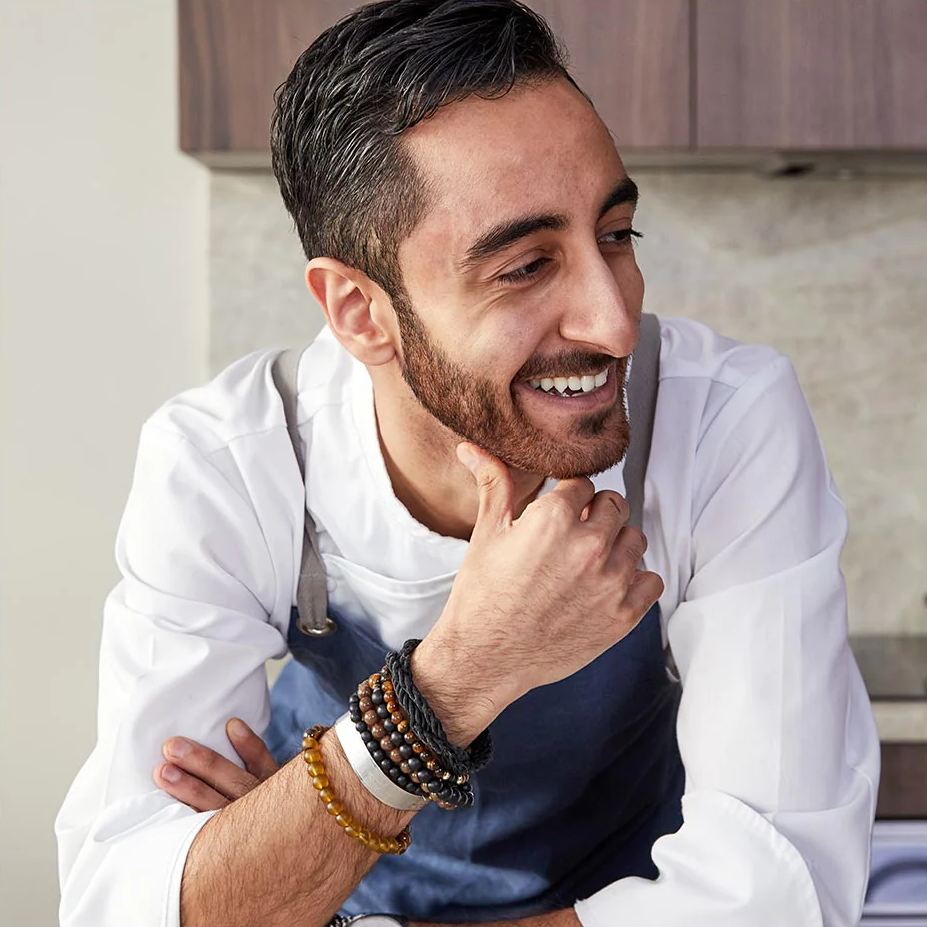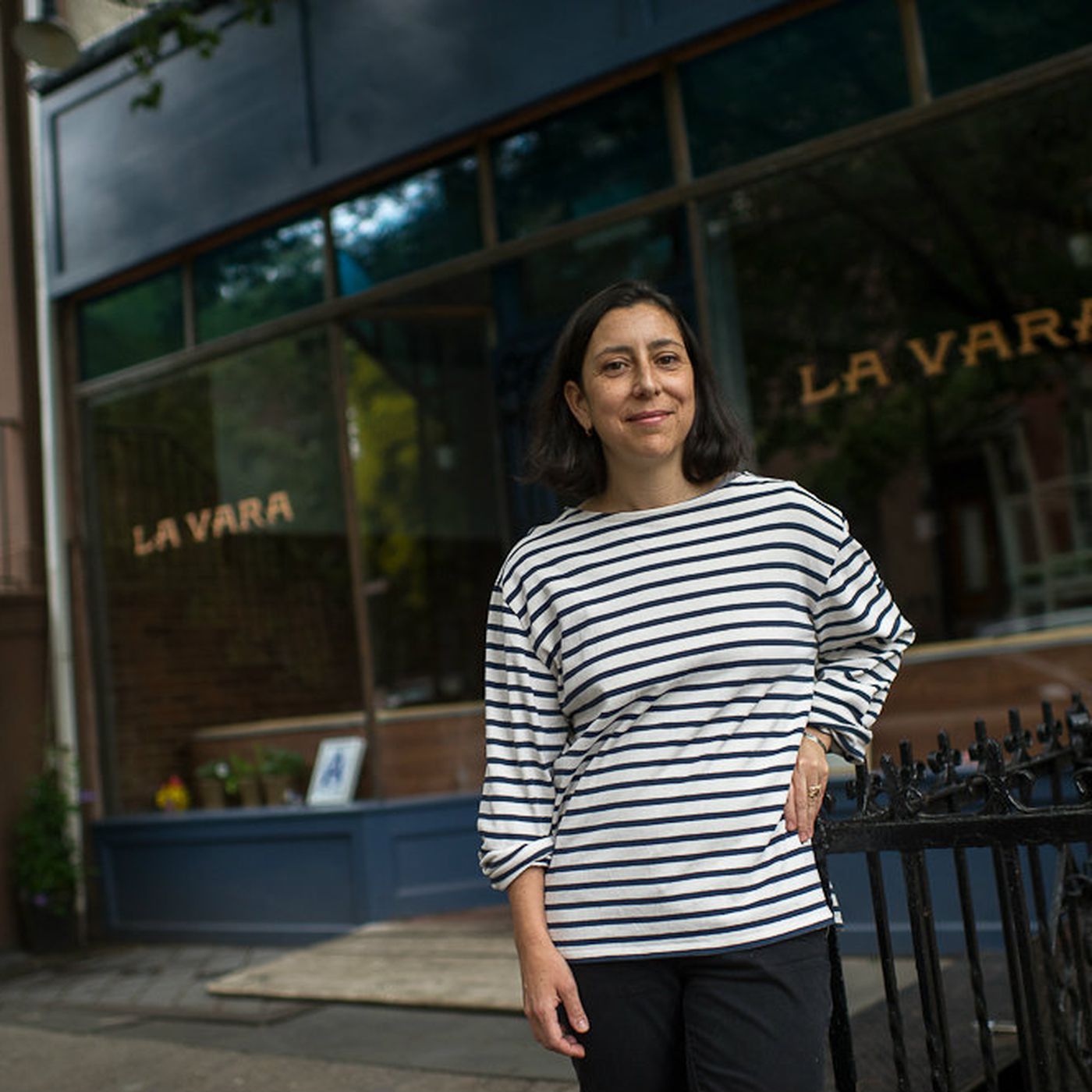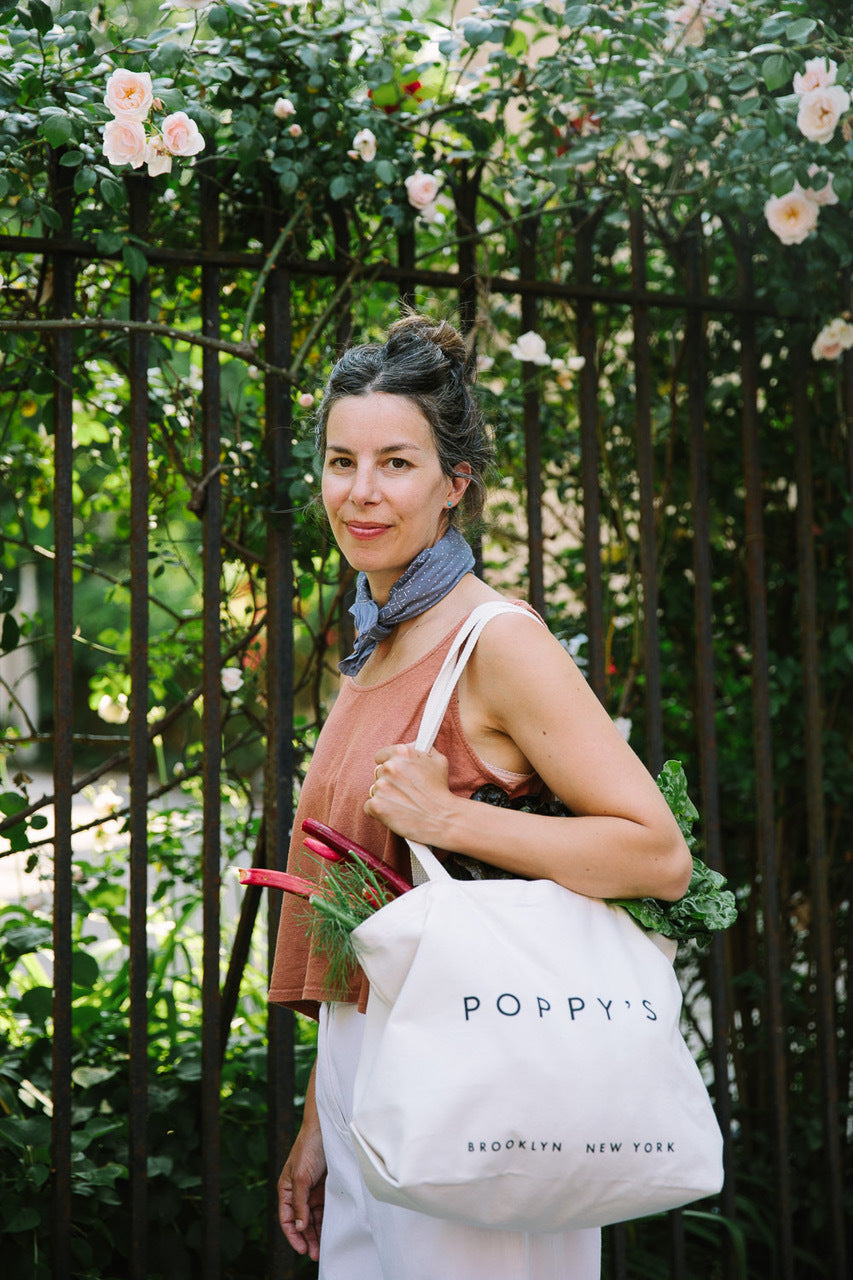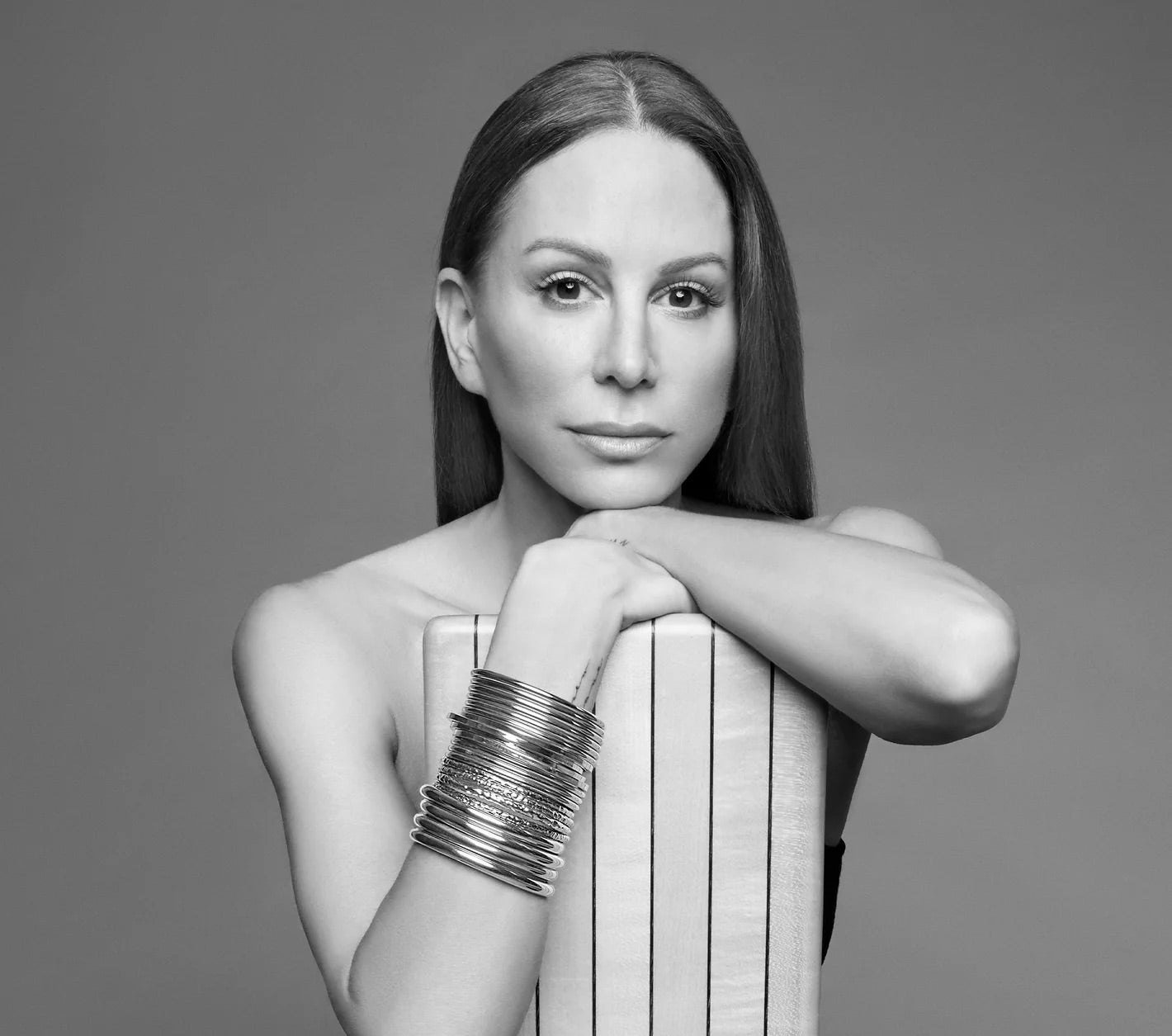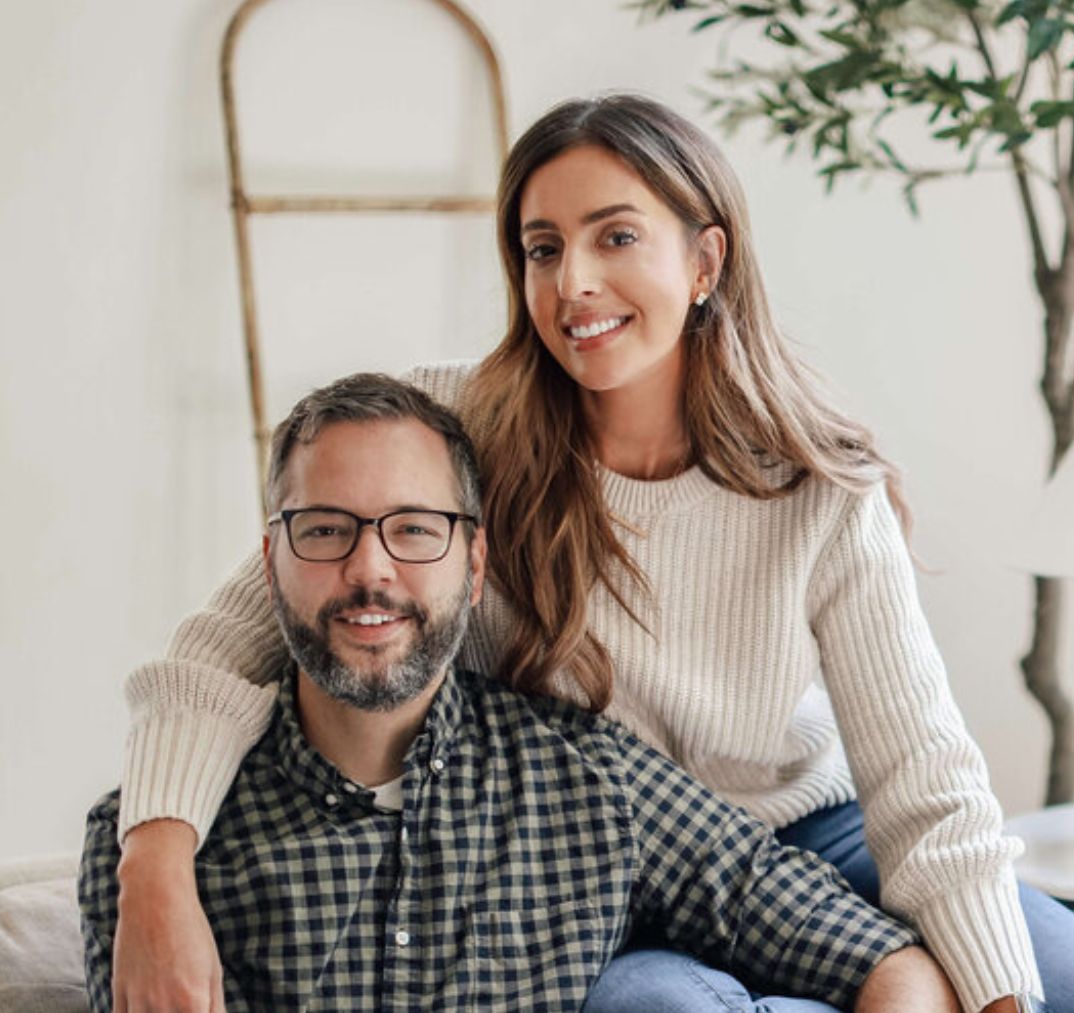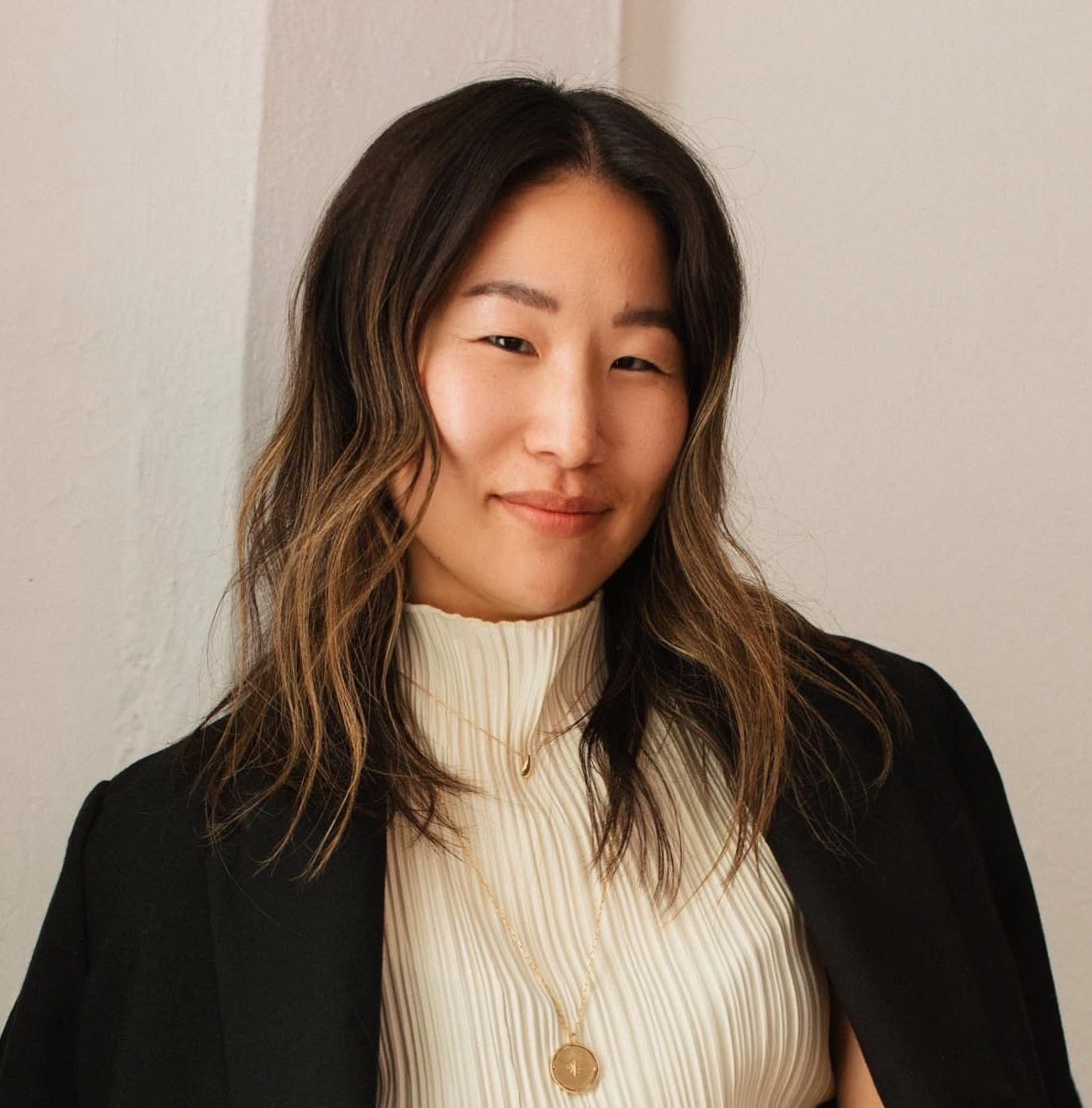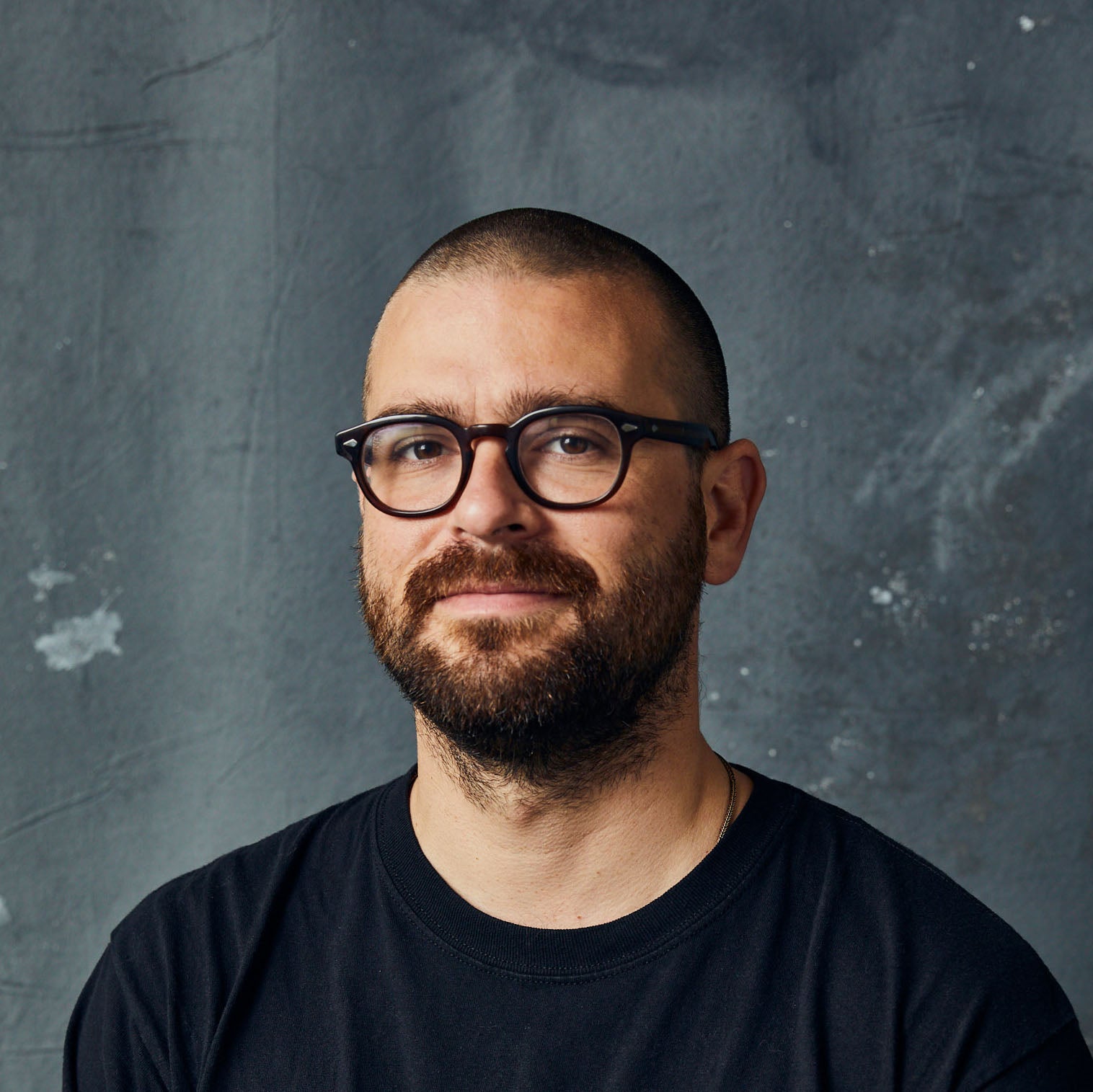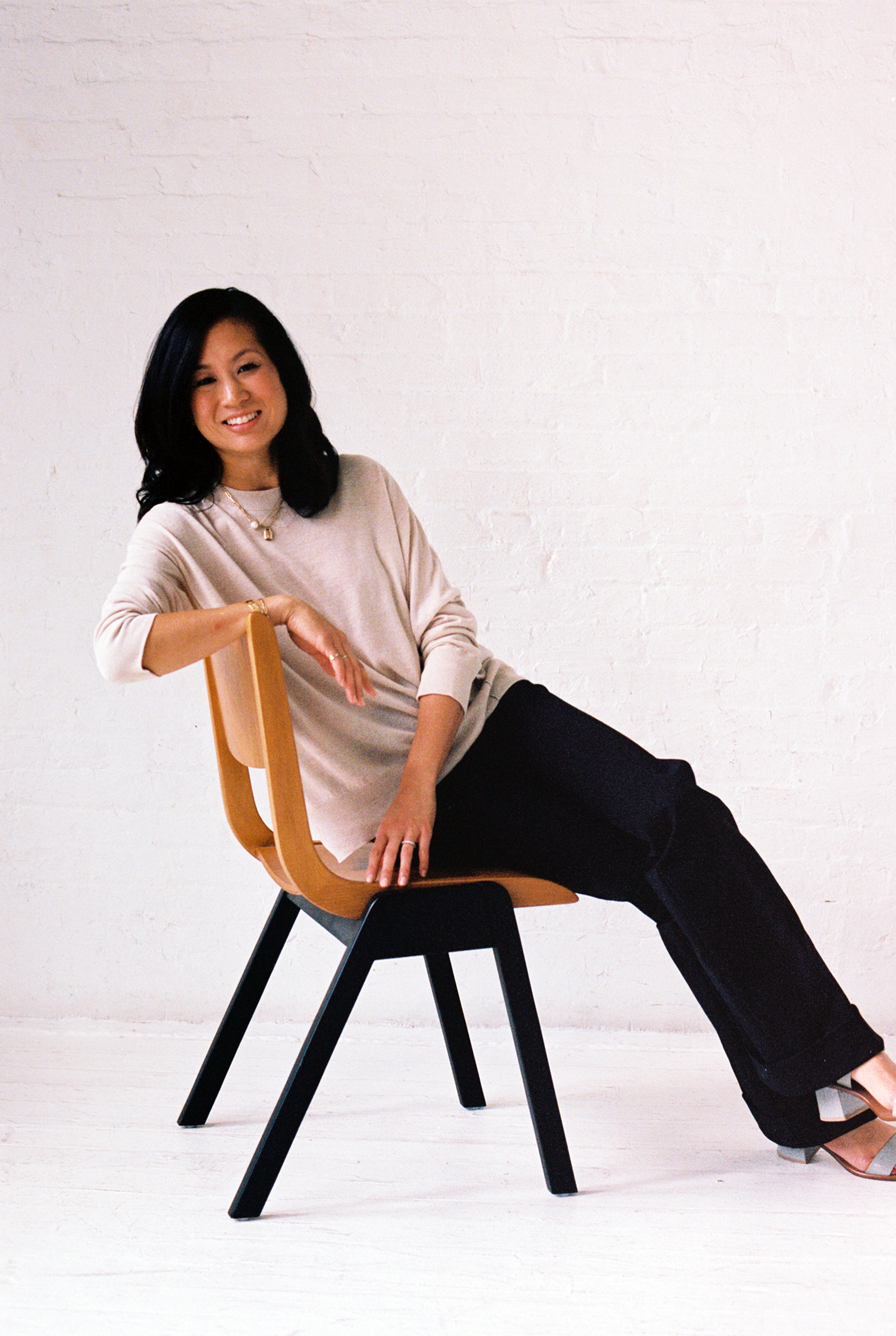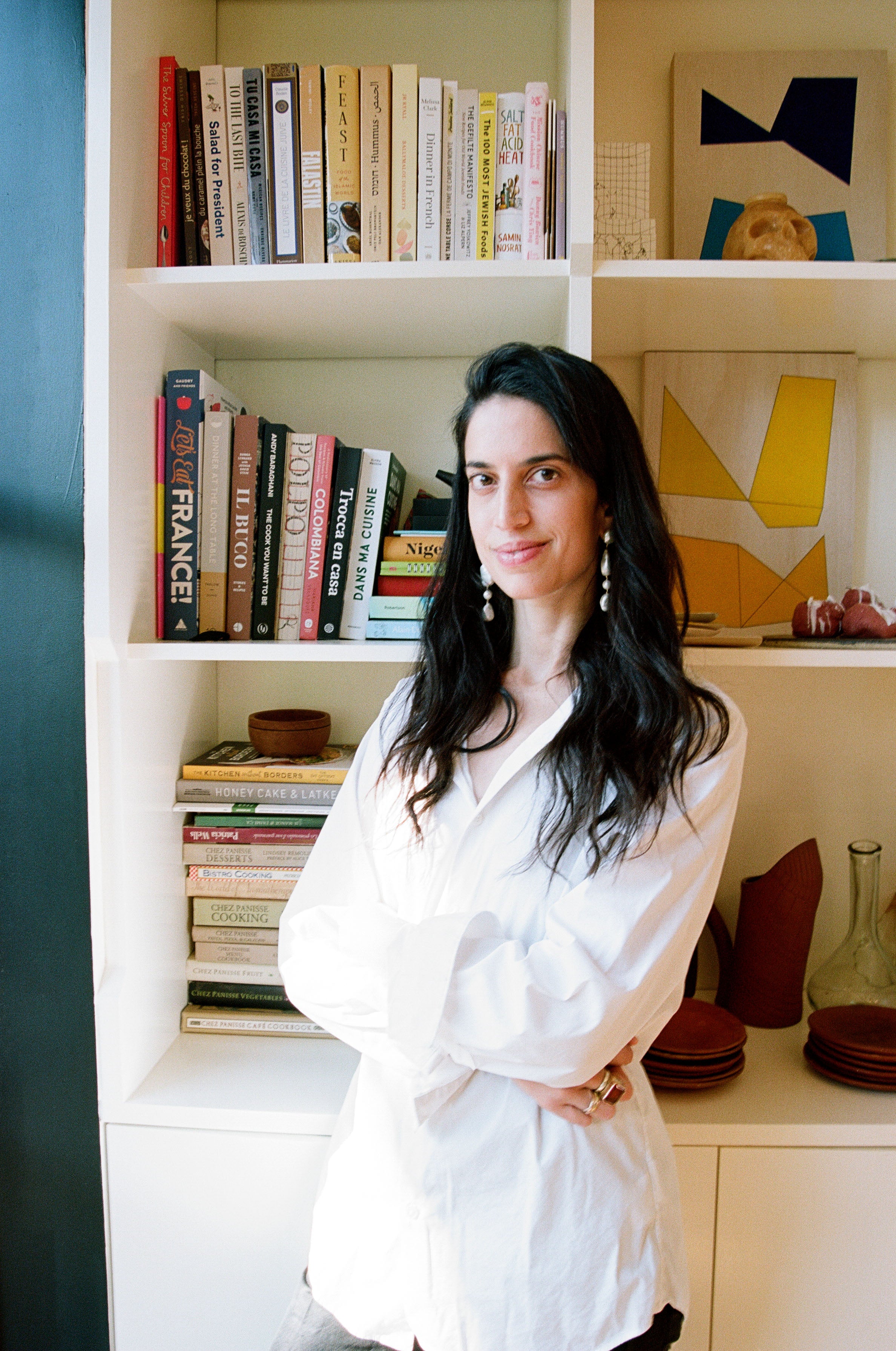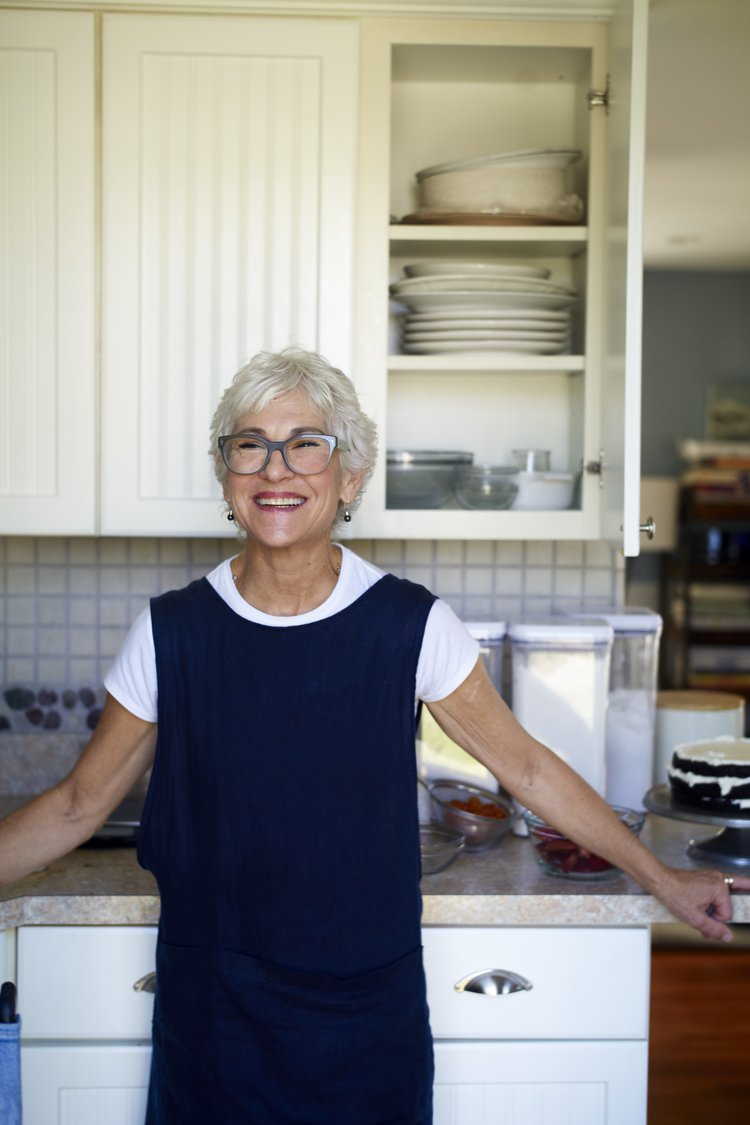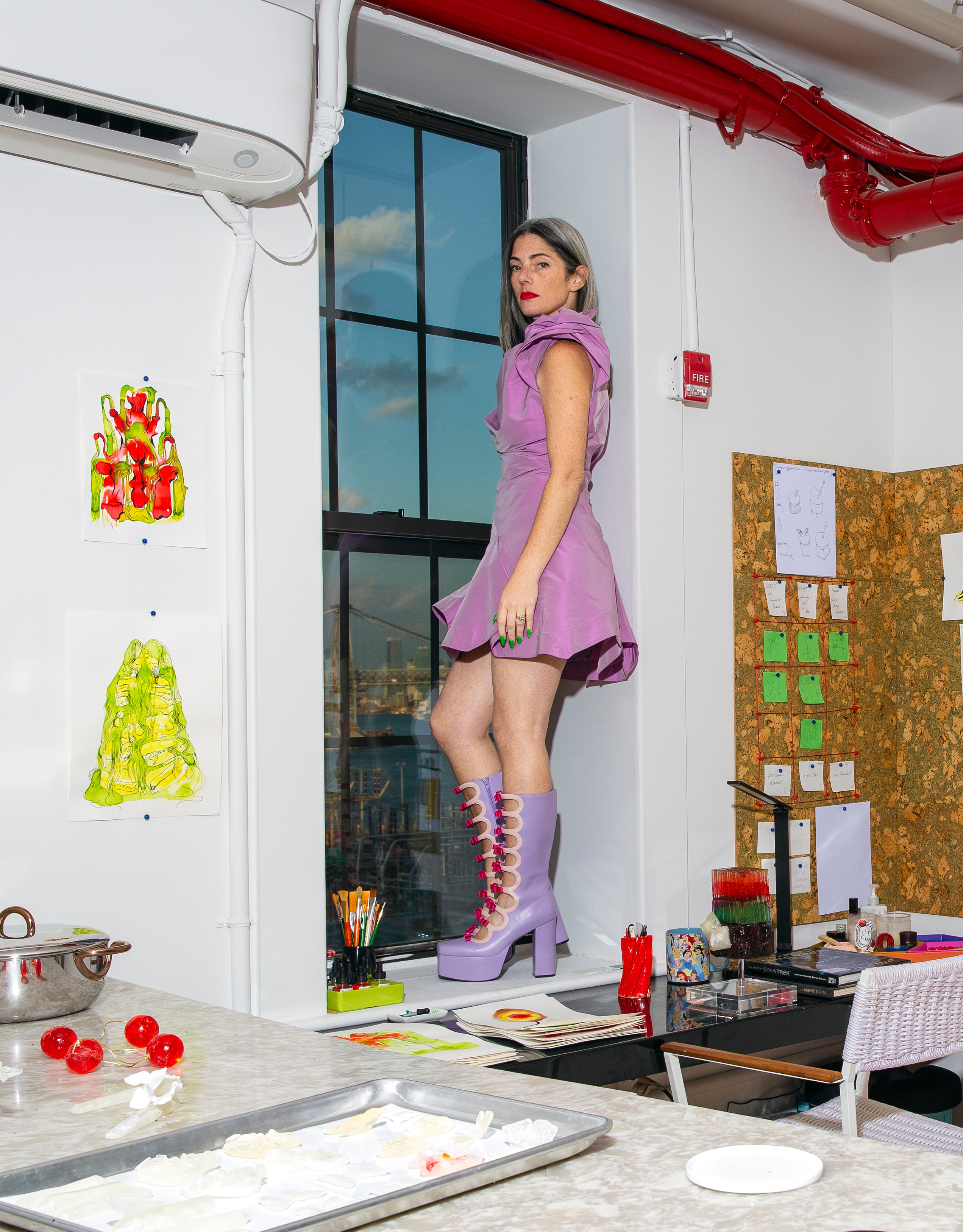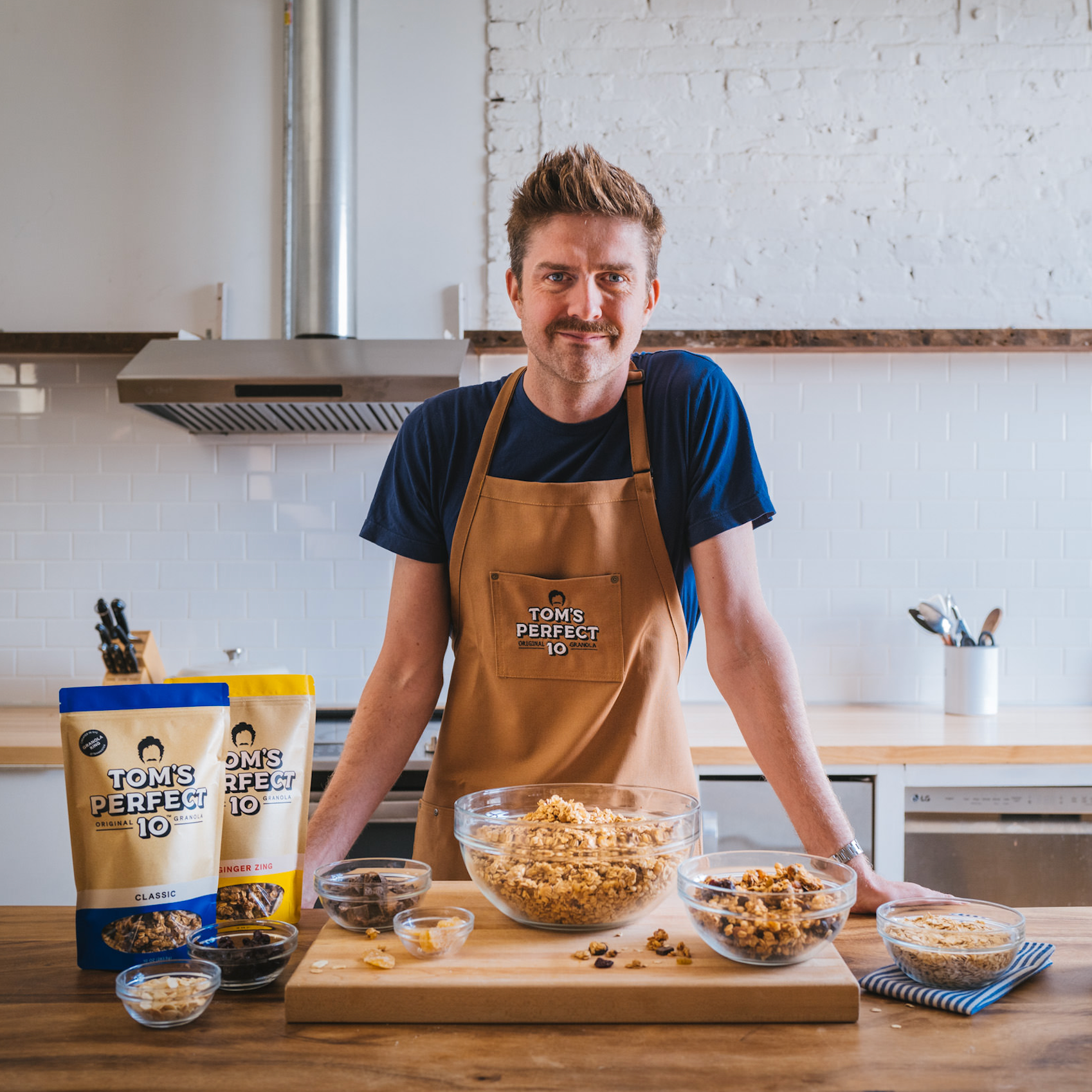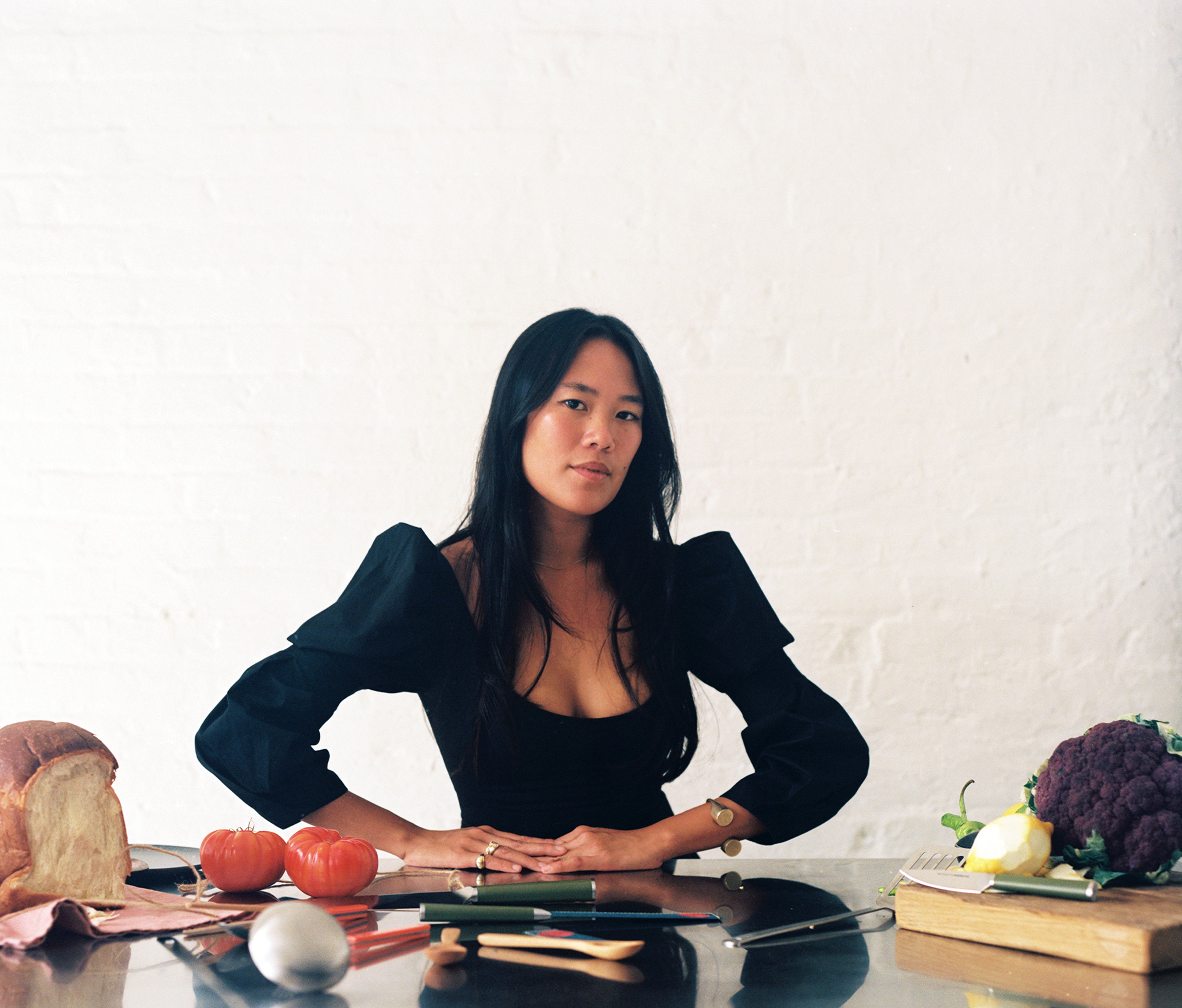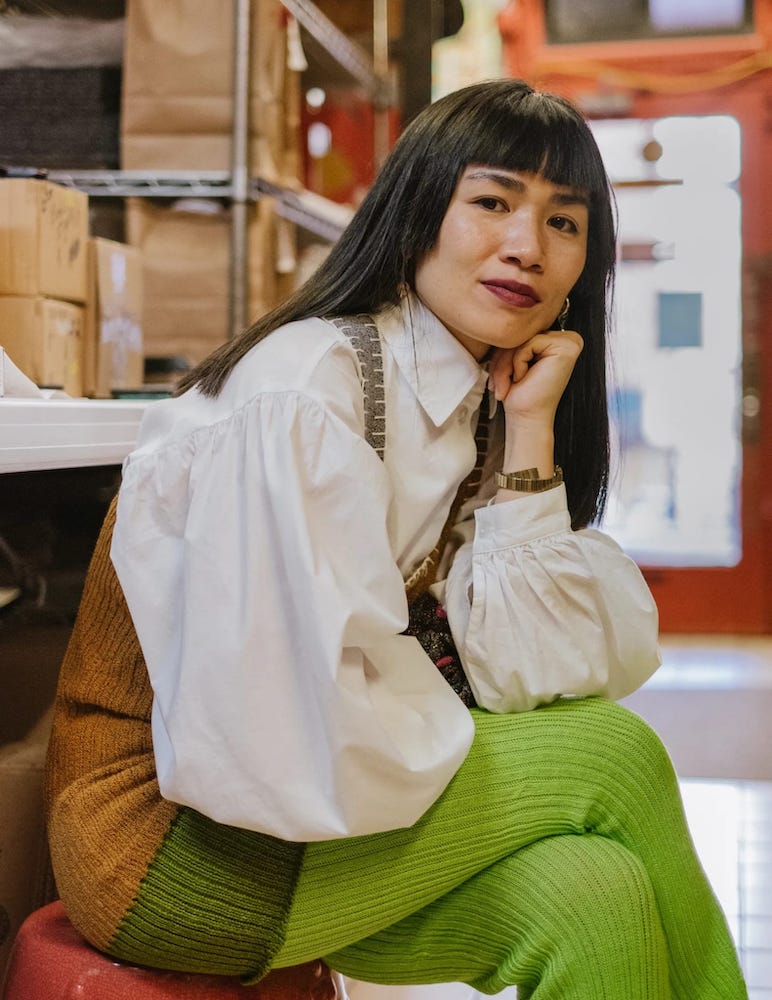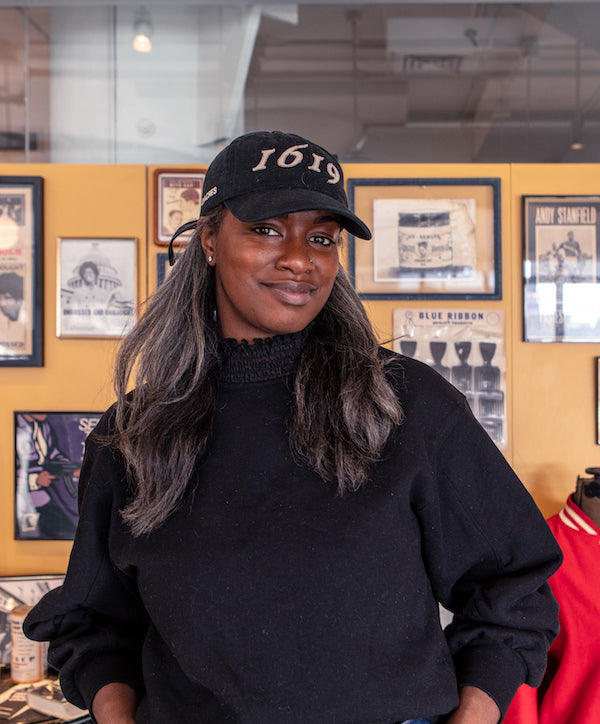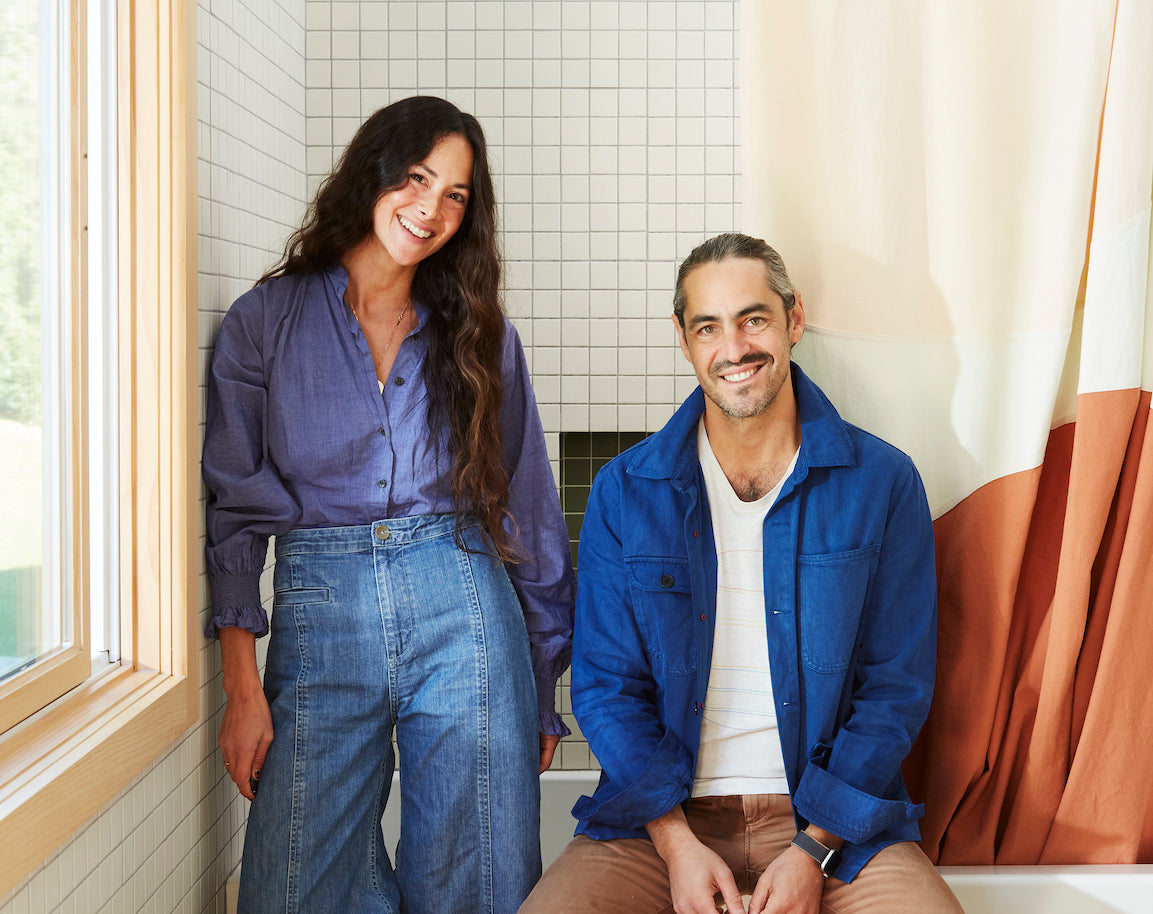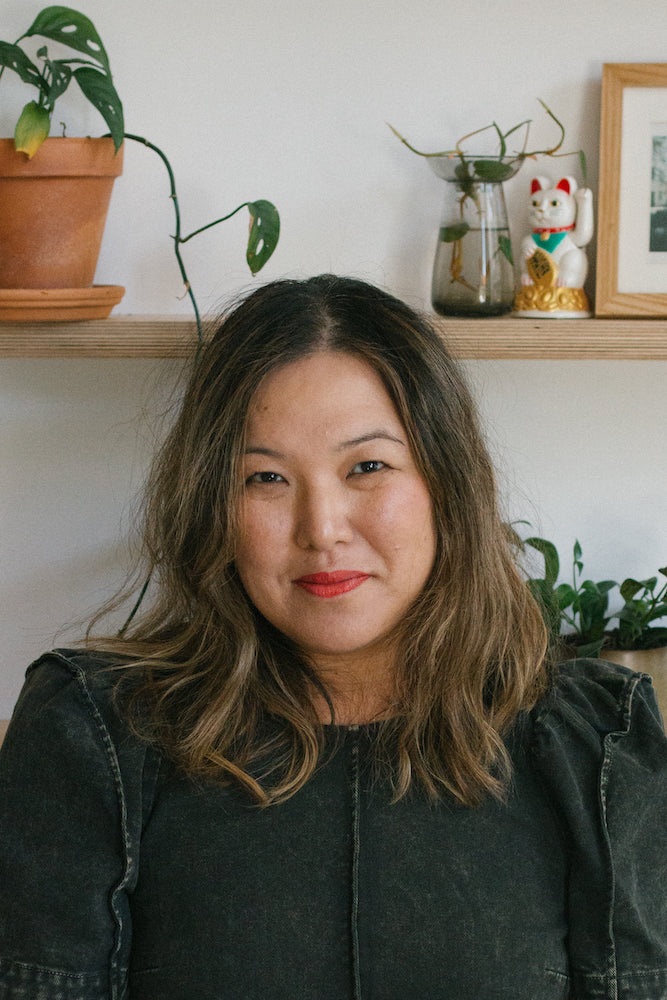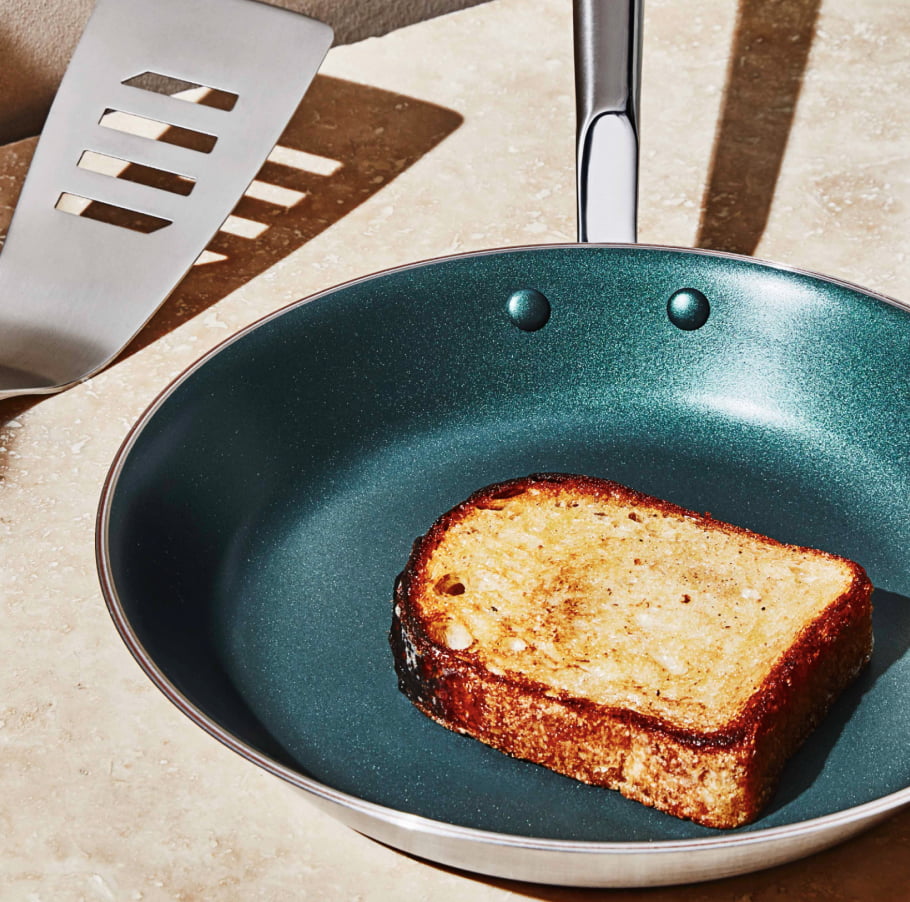What's the most important item in your home? In our series Material Object, we explore that very question, asking some of our favorite people which of their possessions connect them to their past, to their family, and to themselves.
Kabir Arghandiwal is the co-founder of Ziba Foods, which brings delicious, nutrient-dense snacks to the world through an ethical supply chain and a mission to return Afghanistan to its position as a world-renowned producer of dried fruits and nuts. Below, Kabir shares the story behind his blue bowl from Kabul.
I’m used to doing quite a lot of interviews for Ziba but this one stumped me—choosing a favorite object? It’s this small, bright blue bowl from a market in Kabul.

I know it probably sounds cliched, but I make a concerted effort not to get too attached to objects. I’m Afghan, and I was eleven when the Soviets invaded Afghanistan and my family and I fled the country. We left with--quite literally--nothing except the clothes on our backs. We were able to get to the border, to Pakistan first then to Turkey followed by Germany as refugees. We eventually got asylum and were able to move to San Francisco when I was fifteen. So we didn’t really have stuff—we had ourselves, we had each other. We had conversations and shared ideas over meals together. Meals in camps, meals in temporary homes, then in more permanent ones; meals out of brown bags, from large plates, out of bowls. In San Francisco I worked as a dishwasher to help my family out and to put myself through school at SF State and then to study International Law at Tufts. I washed so many plates, so many bowls—other people’s plates, other people’s bowls.
"Something about it felt like a good omen: we were starting a snack food business and here it was, a beautiful receptacle for our heirloom almonds."

This blue bowl on my kitchen counter: it’s cast in iron and coated in Lapis Lazuli, which is mined in the north of Afghanistan. When my business partners and I first started Ziba, we took a trip to Kabul together to set things up. Our entire business is mission-driven and origin-focused: we work closely with farmers and cooperatives in rural Afghanistan and pay them fair prices, upfront, for their best product. We do all of our processing within the country, in a purpose-built factory in order to capture the most value for Afghans: to provide full-time jobs and a steady income to as many people as possible. We also maintain a constant focus on supporting and improving the role of women in Afghan society. We wanted to create something that would positively impact people in a corner of the world that needed some help, a place we all loved and were familiar with.
"It now sits on my kitchen counter—it does both nothing and everything [...]. I often I find myself picking it up just to feel the weight of it in my hands."
On that trip to Kabul, I went to the market there where I met a shopkeeper who offered me a cup of tea. We started talking about what Afghanistan used to be like and what it had become, he told me about his family and showed me a photo of his kids—I did the same. On my way out this blue bowl caught my eye, so I brought it home. Something about it felt like a good omen: we were starting a snack food business and here it was, a beautiful receptacle for our heirloom almonds.
It now sits on my kitchen counter—it does both nothing and everything: at times it remains empty, sometimes I put my keys in it, on occasion I put a handful or raisins in it and have it by my desk while I work. I always wash it, by hand, in my sink. It reminds me of being in San Francisco, except now I’m in my own kitchen in my own home. I often I find myself picking it up just to feel the weight of it in my hands.

